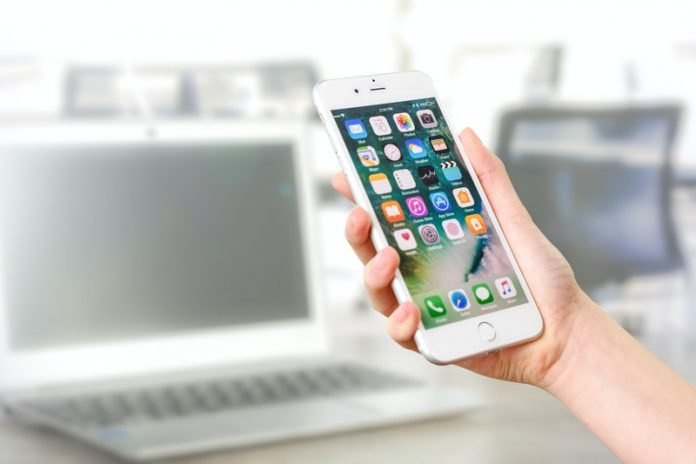
In a new study, researchers found feelings of panic when a person is away from their smartphone could be connected to general feelings of inadequacy and inferiority.
They found that gender has no bearing on whether people will feel apprehensive or anxious without their phones.
But people who feel that way tend to be more anxious and obsessive-compulsive in their day-to-day lives than other people.
The research was conducted by a team at Ohio State University.
This study used a questionnaire to evaluate individuals’ reliance on their smartphones and explored the term “nomophobia”—the fear of being away from one’s smartphone.
For this study, researchers gave that questionnaire and another that evaluated psychopathological symptoms such as anxiety, obsession-compulsion, and feelings of inadequacy to 495 adults aged 18 to 24 in Portugal.
Those adults reported using their phones for between four and seven hours a day, primarily for social networking applications.
The researchers found that the more participants used their smartphone each day, the more stress they reported feeling without their phone.
A little more than half of the study participants were female; the study didn’t find a link between gender and feelings of nomophobia.
The researchers also found that the higher participants scored on obsession-compulsion, the more they feared being without their phone. Obsession-compulsion was measured by asking participants to rate how much they felt they had to “check and double-check what you do” and similar questions.
There is a difference between normal smartphone use that benefits a person’s life—say, video chatting with friends when you can’t be together in person or using it for work—and smartphone use that interferes with a person’s life.
That kind of behavior is more likely to cause anxiety when we are away from our phones.
And, the study’s results suggest that people experiencing tension might see their phones as a stress-management tool.
One author of the study is Ana-Paula Correia, an associate professor in the department of educational studies.
The study is published in the journal Computers in Human Behavior Reports.
Copyright © 2020 Knowridge Science Report. All rights reserved.


